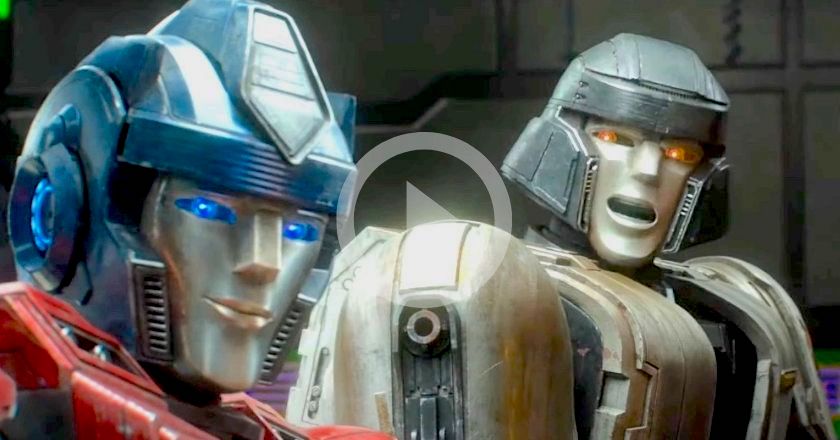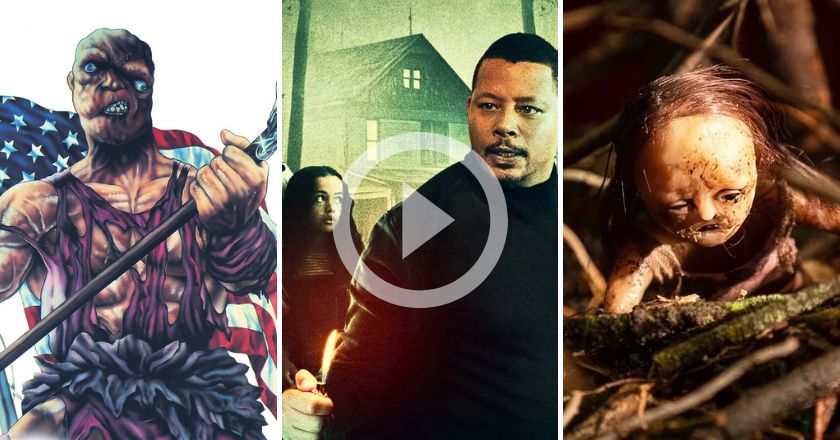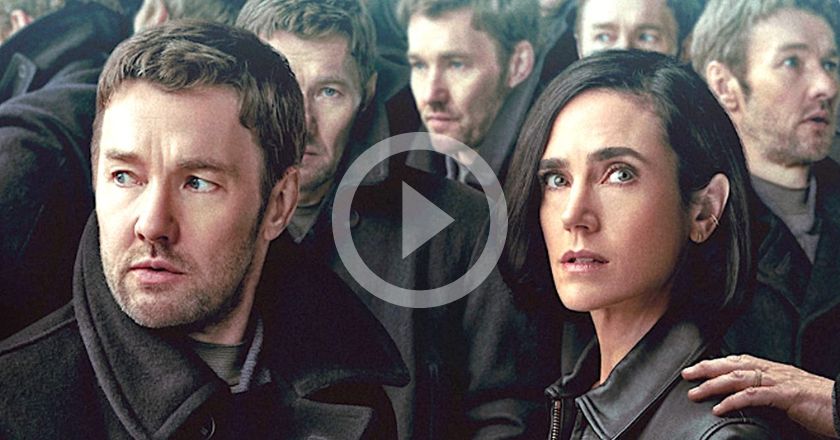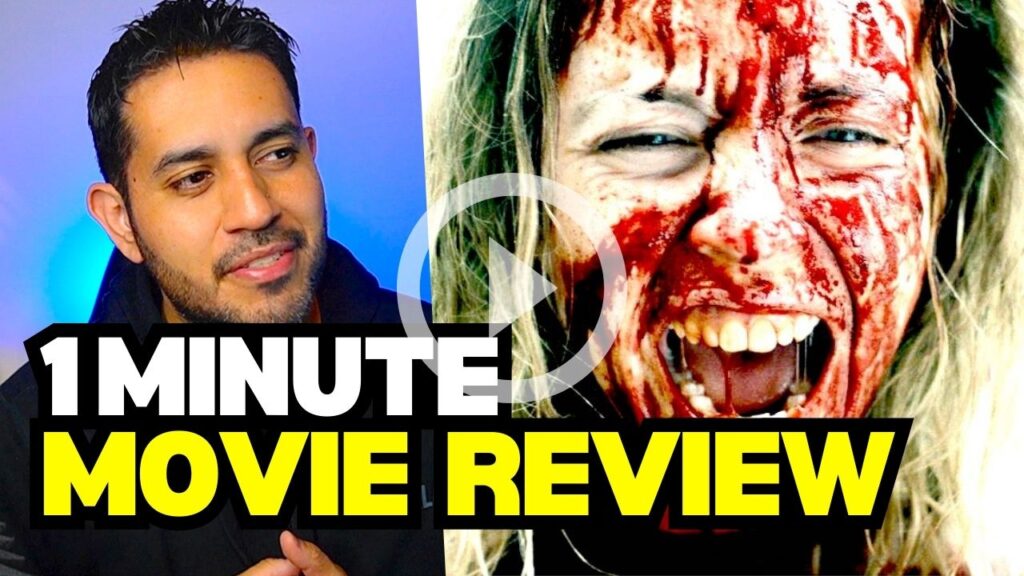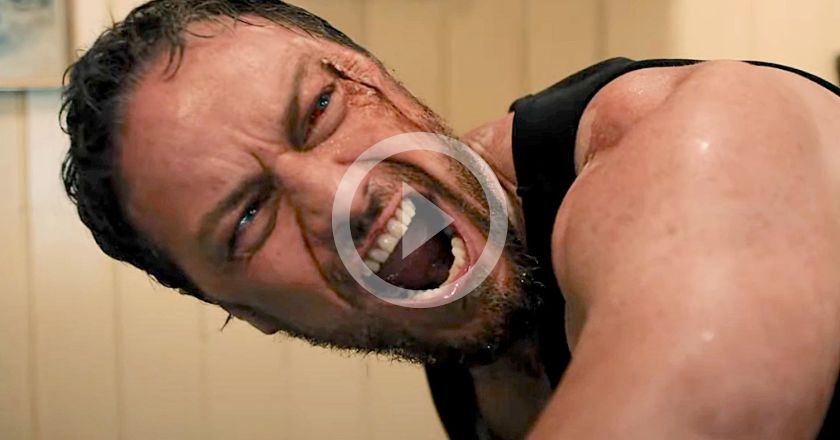
A remake of the 1969 Jacques Deray film La Piscine, Italian director Luca Guadagnino has brought together a solid cast to tell the story of a rockstar and her lover’s (un)welcome holiday guests in A Bigger Splash.
Tilda Swinton stars as singer Marianne Lane, a musician resembling Bjork or David Bowie, who is recouping with her boyfriend Paul De Smedt (Matthias Schoenaerts) on a remote Italian island while her vocal chords recover. Almost mute, Marianne communicates at first only with Paul, that is until Harry Hawkes (Ralph Fiennes) shows up with his daughter Penelope (Dakota Johnson).
Harry can only be described as an animated character. A record producer, he likes to tell band-room stories, a lot, and multiple times. Quickly tiring out his hosts, he invites even more guests to the island, including a great cameo from Lacombe, Lucien (1974) actress Aurore Clément, while Penelope gives one-word answers and keeps up the appearance of not letting you in on some in-joke.
Fiennes’ character is meant to be that of a record producer, one that’s worked on 1994 Rolling Stones album Voodoo Lounge no less. It’s a welcome addition to the soundtrack, given that if any more commercial Stones songs were featured it would become yet another Boomer nostalgia film. Instead, the film is almost a nostalgia B-side in the sense that it pushes ideas not meant to be popular hits.

Marianne and Paul struggle to keep from yelling at Harry, while also admiring his unorthodox actions, and she soon finds herself curiously overshadowed by his antics. As is to be expected from Swinton, her ability to act without words is incomparable. Harry seems to overwhelm her and we quickly learn that, even if she had a voice, his wild persona wouldn’t allow her to get a word in anyway. What Swinton adds to any film is a presence that often finds her out of sorts in mainstream drama. Perhaps Guadagnino recognised this about her when he cast her in his 2009 film, I Am Love. She is much better suited to these mood pieces.
While the themes on display here are fine for a film in the late 60s, modern film audiences may expect a different kind of plot movement. Harry’s exciteable nature will seem absolutely manic to those who consume music only online, and Johnson’s Penelope, the millennial, comes across a little more calculating than the naivety Jane Birkin gave us in the same role back in ’69. Or perhaps she is just as bored with her father as much as everyone else is. When the seduction between her and Paul takes place, it doesn’t seem to be consequential to her, as though further complicating things is the norm. Like father, like daughter.
THE REEL SCORE: 7/10
– H.J.

